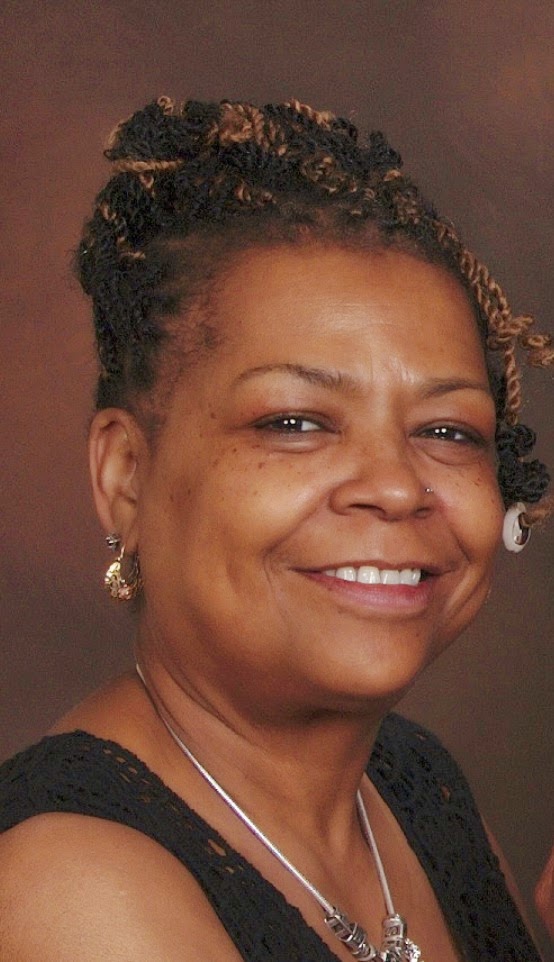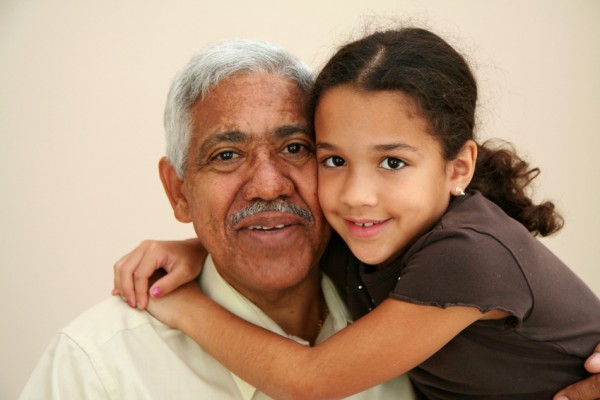.jpg) |
Barbara Wells is a case manager at the Program for
Recovery & Community Health in Yale University
School of Medicine's Department of Psychiatry |
Barbara Wells knows a thing or two
about adversity – how it can either break you or tap unexpected strengths.
As someone who succeeds at
challenges, the biggest one came for the single grandmother in 2006, when her
grandson, Jay’son, moved in with her after his parents' incarceration.
Until that moment, Wells, whose grown
daughters had their own children, enjoyed her life in Newport News, VA., where
she lived for 17 years and worked as a crane operator at a shipyard.
The freedom to travel allowed her to
take off for New Haven, CT., after her mom’s heart attack in 1992.
And, while boarding a bus back to
Newport News, Wells's right foot went through a snow-covered pothole before she lost her grip and her left foot slipped on the ice.
She broke her right leg in five
places.
When doctors told her she would never work a crane again, she decided
to stay in New Haven and go back to school.
Her life before Jay’son looked like
this: finish school, move back to Newport News and work as a social worker.
Nowhere in those plans included a
second parenthood raising a grandchild. “Since I had to get him, I said, ‘I’m
going to raise him now. I’m not going to let him go into the system,’” she
recalled. “‘I’m going to put my life on hold for right now.”
That was eight years ago. “Now,” the
grandmother said, “there’s a light at the end of the tunnel.”
Wells is among the 2.7 million older
Americans raising one or more grandchildren under age 18, according to 2012 census
data. “Of these caregivers,” data reports, “1.7 million were grandmothers and 1.0 million were grandfathers.”
This grandfamily's new light includes Jay'son, 14, starting high school at New Haven’s Metropolitan Business
Academy. “I’m very proud of him,” Wells said. “Most children who are not living
with their parents have some type of behavioral problems.”
But through therapy, she said, “he’s
doing such a remarkable job.”
And so is Wells, who recently
graduated from Southern Connecticut State University with her Masters in Social
Work.
The grandmother, who’s a case manager
in Yale University School of Medicine’s Department of Psychiatry, is even thinking
of relocating with her grandson to Maryland, North Carolina or Florida for
full-time work and a fresh start.
Jay’son’s got his eyes set on
Virginia, which piqued his interest during a recent trip to Newport News. When
asked how he felt about moving, he told her, “I will just have to meet new
friends.”
While their days are brighter, Wells recalls
those dark times that nearly broke them. “When he was younger, it was a little
tough,” the grandmother said.
She recalled 6-year-old Jay’son often
worrying about his future. “Grandma, how am I going to be able to take care of
myself?” he asked her. “I’m afraid.”
The anger came when he got older. “He
didn’t want to go to school,” the grandmother said.
 |
About 7.8 million children, like Jay’son, across the country live in
Grandfamilies, or households
headed by grandparents or other relatives. |
Just when she and Jay’son thought
they reached their breaking point, they tapped unexpected strengths.
Wells found hers in New Haven's
services for grandparents raising grandchildren, her friends and family, and
even her grandson.
The Kinship Fund, which
the Connecticut Children's Trust Fund runs, helped Wells make the financial
adjustments to care for Jay’son.
When the social worker, an undergrad
student at the time, had to make her 7 a.m. classes, her family and friends – especially
Jay’son’s paternal grandparents – took care of him.
“Grandpa Johnnie was close to the only
positive male role model in his life,” she said, crediting Grandpa Johnnie and
his wife for helping her reach her goals.
“It is alright to co-grandparent,” said
Wells, adding that she and Jay’son’s other grandparents call each other
“grandparents-in-law.” “They have been right there by my side.”
When school nearly broke her, Jay’son
was another unexpected strength. “He’s a very intelligent young man despite his
diagnosis of ADHD,” Wells said, remembering an undergrad video project her
class partner sat on until the last minute.
 |
Barbara Wells (center), posing with her daughters and Jay'son, holds a grandson
who lives with his mom in Dubai. |
When Wells’s classmate lost their
recording on her way home, “Jay’son and I were up at 3 o’clock in the morning,”
she recalled. “He recorded the video and made sure I had it ready for class the
next day.”
During grad school, he helped Wells
with her PowerPoint presentations.
As for Jay’son’s unexpected strength,
it came from his grandmother.
During those undergrad days, when
Wells couldn’t find a sitter, she took her grandson to school with her.
Watching his grandmother study hard inspired Jay’son to take his education
seriously.
“It’s nice to show children what
college is about,” she said.
Now, he won’t stop talking about it.
“He understands that you can pick your classes on the days you want, if they’re
available,” the social worker said. “He loved it.”
Wells’s classmates also loved having
him around.
Now, it’s hard for the social worker
to imagine her days without Jay’son, even as she recalls how her life changed
that night in 2006.
“When I first got Jay’son,” Wells
recalled, “I had to seek services for him.”
A stranger at a center surprised
Wells with her reaction. “Are you going to take
your grandkid?” the woman said. “Oh, I would never do that.”
Despite those concerns, Wells has no
regrets. “It was tough,” she said, “but the joy I get out of watching him grow
into a nice, respectable young man was worth it.”



.jpg)





